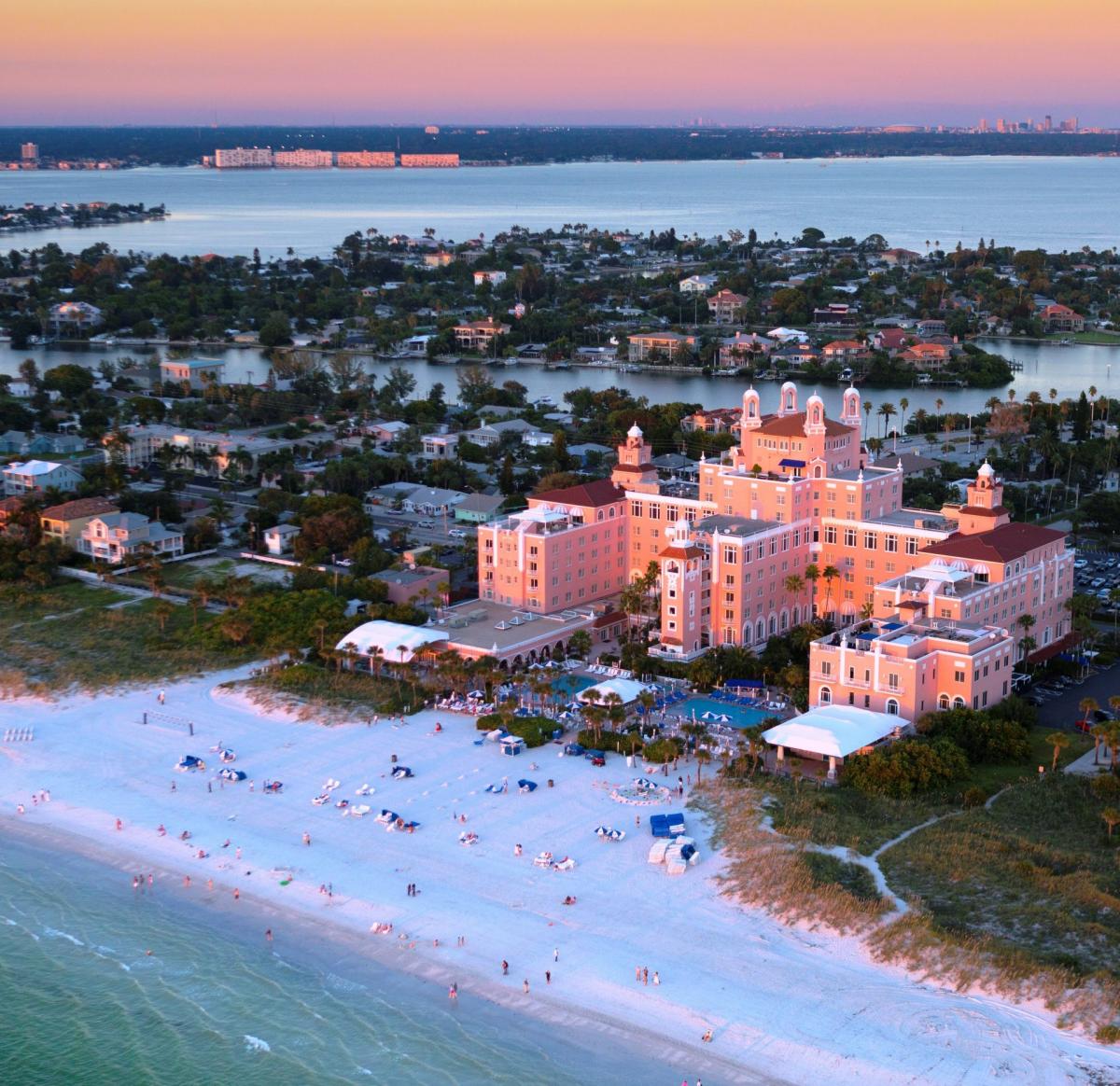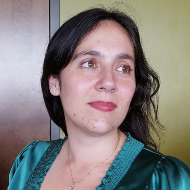Climate science is depressing. Not gonna lie, sometimes after a day spent teaching hundreds of people how screwed we are, I feel pretty bummed out. You have to admit, the best case scenarios- the ones where we make a huge effort all together towards a sustainable future, the ones that require major policy changes and sacrifice and cooperation- are still… kind of grim. We could lose 30% of species on Earth instead of 70%! Woohoo!
I was in this less than entirely positive frame of mind when I recently visited Florida. My father called me late at night before the last day of the trip. He told me that, especially if the kids woke up early, I ought to take them over to nuthouse beach. His mom, my grandmother, always found the best and biggest shells there.
Clearly inspired by their grandfather via some unwholesome psychic connection, the children woke up well before dawn. A trip to nuthouse beach was definitely in the cards.
A bit of family history. My grandfather was a ball-turret gunner in WWII. He fought in the Pacific theater, and was shot down and presumed dead over the interior of New Guinea. While lost in the interior of New Guinea, he and the two other survivors from his plane had many very bad times. After six months they were found. The first thing air-dropped for them was a carton of cigarettes wrapped in mosquito netting. As you might imagine, this gift was received with elation. It took the men another three months to reach a place where they could be rescued.
After this ordeal, my grandfather was not entirely sane enough to rejoin society. He

and hundreds of other servicemen were sent to a special place that was beautiful and calm and safe, where they would be given appropriate care, and where it was hoped they would to some degree recover from what we now call PTSD. This place was the hotel Don Cesar, on Pass-a-Grille beach in Florida. Check it out, it’s gorgeous.
Compares pretty favorably to the treatment some of our veterans get for their PTSD today, right? The Don Cesar and Pass-a-Grille beach entered my family’s lore in the very most favorable of terms. For the rest of her life, my grandmother, who was invited to go to the Don Cesar after the doctors fixed my grandfather up a little, spoke about how valuable that time and place for healing were for her as well. She saved many mementos from her time there. My childhood was studded with seashells from that 1940’s beach. An enormous variety of shells, lovely and complete, in what seemed like every kind of shape and color. The jewel of her collection, a giant horse conch, remains fixed in my mind due to the dire consequences I might expect should I ever pick up, move, or even touch the object without the closest conceivable supervision.
Visiting Pass-a-Grille beach in 2016, I saw representatives of only 5-7 of the much more numerous species she had in her collection, which I had explored and handled so many times as a little girl. We visited the beach on the dawn after a storm, so I would have expected to see lots of shells. I found almost no complete specimens, and those I did find were significantly smaller than my grandmother’s had been.
From a biodiversity standpoint this was kind of a downer, right? I don’t know. I couldn’t come away from the experience feeling too badly. Standing there at the water’s edge, my visceral response was not one of loss, but rather joy and amazement. It was astonishing how much life remained. My little children, playing on the beach, were not having an impoverished experience. They were experiencing the beach as something rich and incredible.
This is the perspective I’ve been able to carry back with me, in the face of overwhelming personal evidence of biodiversity loss. I mean, we do have to face the music. Biodiversity has dropped a lot in the last hundred years, and we’re not yet finished with the decline. Even if we do our very best, make every possible change, we are going to lose a lot of species-a lot of uniquely beautiful forms of life. But think of it, the difference between 30% and 70% species loss. There is so much richness and beauty between those numbers! I think it helps. It helps me a lot, to consider how beautiful the world is still. There is so much left to save!
Photo from https://www.loewshotels.com/don-cesar/photos-videos

